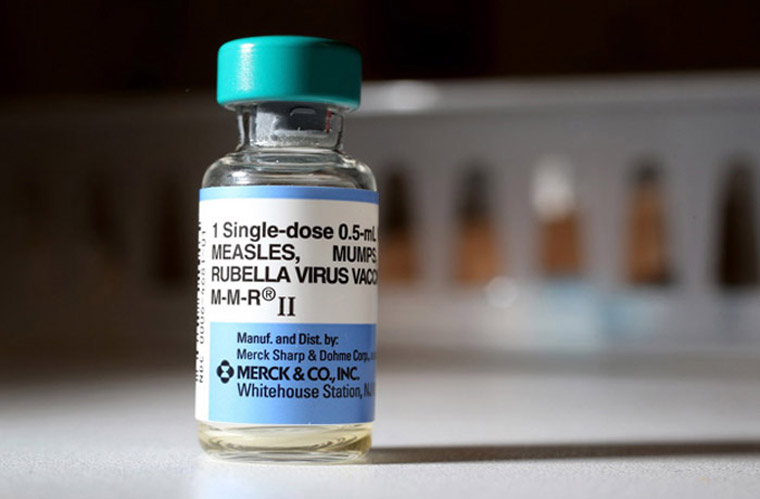Public health officials with Manitoba Health, Seniors and Long-Term Care are notifying the public of new measles exposure sites. Public health is also advising that some of the recent measles cases did not have any known contact to a case. Previously, all of the cases had known contact with measles either during travel or in Manitoba.
Public health is asking individuals who think they may have been exposed at the following locations, but have not been directly notified, to contact Health Links-Info Santé at 204-788-8200 in Winnipeg or 1-888-315-9257 toll-free in Manitoba:
- École Dugald School, 543 Holland St., Dugald – April 29, April 30, and May 2 from 8:45am to 5:40pm. People who were at this location are asked to monitor conditions until May 24.
- Bus #26 (route 72), servicing École Dugald School, Oakbank Elementary, Springfield Middle School and Springfield Collegiate Institute – April 29, April 30 and May 2 from 7:30am to 10:30am, and 4pm to 6:45pm. People who were at this location are asked to monitor conditions until May 24.
- Bus #128 (route 79), servicing École Dugald School, Oakbank Elementary, Springfield Middle School and Springfield Collegiate Institute, and includes École Dugald School field trip to the Manitoba Museum – April 29, April 30, and May 2 from 8:30am to 10:45am, and 3:40pm to 6pm. People who were at this location are asked to monitor conditions until May 24.
- Boundary Trails Health Centre Emergency Department waiting room – April 27 from 4:11pm to 10:07pm. People who were at this location are asked to monitor conditions until May 19.
Public health is communicating directly with the school and medical centre to notify staff, volunteers and families of students who may have been in attendance during the exposure times listed. All families of students, and school staff and volunteers will be receiving letters with the relevant information.
Symptoms of measles generally appear seven to 21 days after exposure. Initial symptoms may include fever, runny nose, drowsiness, irritability and red eyes. Small white spots may also develop on the inside of the mouth or throat. Several days after the initial symptoms, a red blotchy rash appears on the face and progresses down the body. Measles can lead to complications including ear infections, diarrhea, pneumonia (lung infection) and encephalitis (brain inflammation).
If symptoms develop, individuals who may have been exposed are advised to isolate at home and contact their health-care provider and advise them of the potential exposure to measles. Anyone else in the household who is unimmunized should limit exposure to others until the symptomatic person has received advice from their health-care provider. It is best to call ahead so health-care staff can take steps to reduce the exposure of other people to the virus.
Measles is a highly infectious communicable disease that is spread through droplets in the air formed when coughing or sneezing. An infected person can spread the virus from four days before the rash appears until four days after. The disease tends to be more severe in infants and young children and can be life-threatening.
Immunization is the only means of protecting people from contracting measles. Contact an immunization provider such as a local public health office, physician or nurse practitioner to ensure everyone is up to date.
In Manitoba, a two-dose measles vaccine program for measles, mumps, rubella and varicella (MMR or MMRV) is routinely provided for children who are at least one year of age and again when aged four to six. In the case of a measles exposure, a second dose may be given earlier than four to six years of age.
Public health officials will continue to monitor the situation and will provide updated information as necessary.
For general information on measles, including immunization, visit gov.mb.ca or call Health Links-Info Santé in Winnipeg at 204-788-8200 or 1-888-315-9257 (toll-free in Manitoba).





